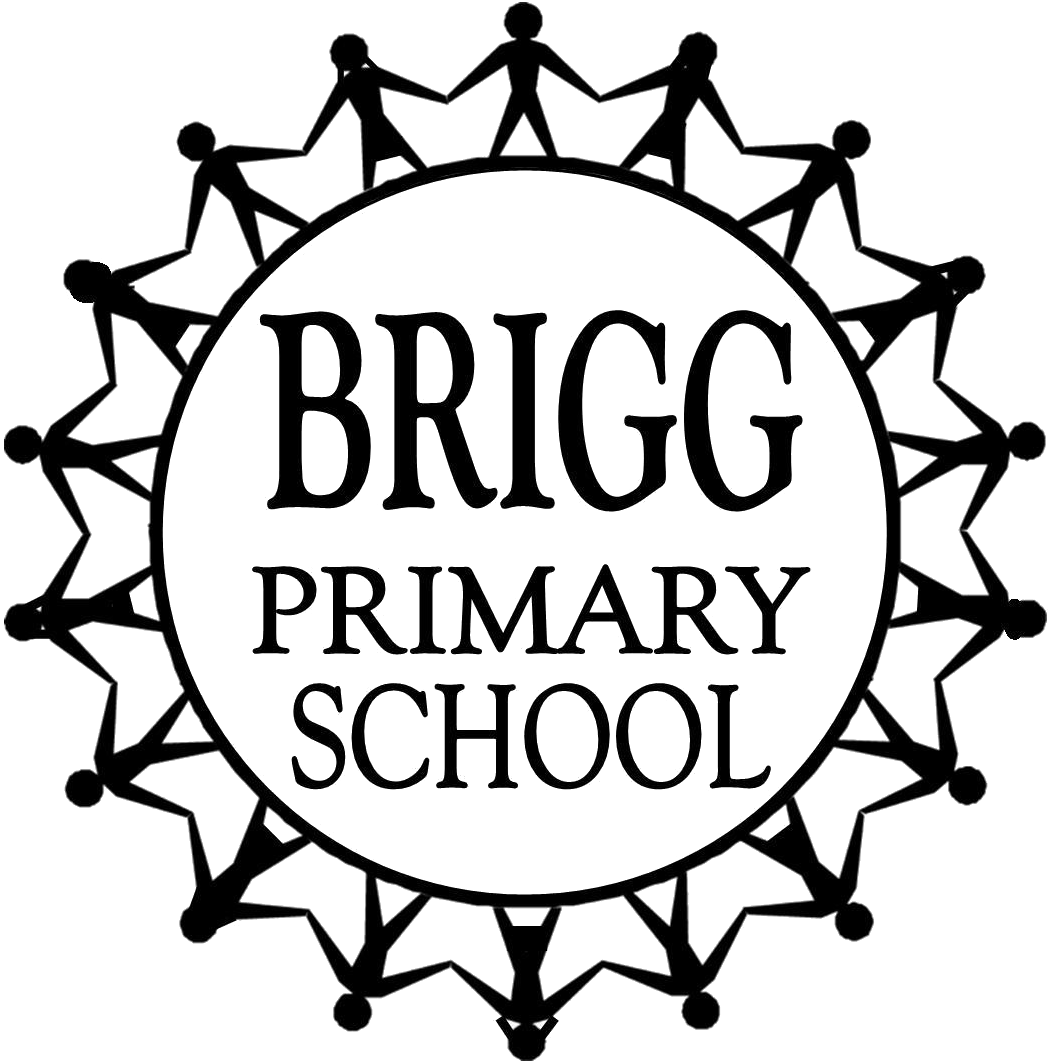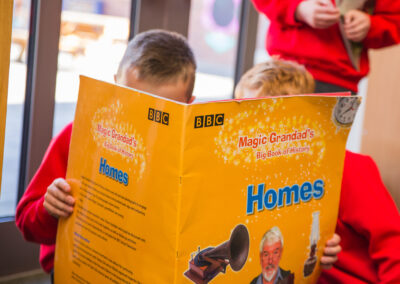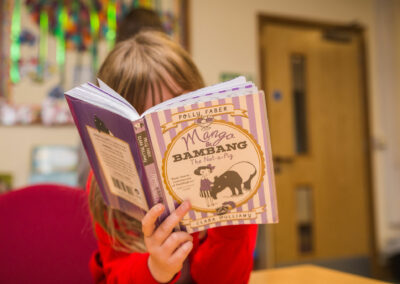SEND
Our Vision For SEND
At Brigg Primary School, we strive to create an inclusive learning environment where pupils’ needs are met in ways that best suit their learning styles and individual needs. We aim to empower our pupils and ensure they have a voice that is heard. We take pride in inviting all pupils, regardless of need, to participate fully in all aspects of school life. At Brigg, we carefully support and challenge our pupils in order for them to reach their academic potential. Furthermore, we aim to fully prepare our pupils with the skills and confidence to move onto their next phase of education, and as citizens in the wider community. We fully understand the importance of successful home / school relationships and take pride in the open and honest relationships that we have with parents and carers. We endeavour to develop these relationships further and make improvements to our provision based on feedback we are given.
Special Educational Needs and Disability Code of Practice: 0 to 25 years
Identification of Needs
- At Brigg Primary, we follow a graduated approach to SEN which is detailed further in our information report. Initial concerns made by you or the Class Teacher are discussed with the SENCO (Special Educational Needs Co-Ordinator), Mrs Taylor, and guidance given. If parents have concerns about their child, they should, in the first instance, contact the class teacher who will liaise with the SENCO or any other appropriate member of staff. In most cases, quality first teaching will be adapted to support your child and your child will be monitored. This is Stage 1.
- Following a period of monitoring, some children will then move to ‘Stage 2’. They will be placed on the SEN register and will be set SMART targets (Specific, Measurable, Attainable, Relevant, Time-based) in the form of a learning plan. Interventions will be introduced with more targeted approaches and some 1:1 support to address individual needs and targets. Interventions may include Beat Dyslexia, Precision Teaching, Speech and Language Therapy, Occupational Therapy, Talking and Drawing. We monitor progress together and have termly reviews at this stage.
- If after a period of time, we feel external agencies may be able to provide us with some specialist advice for interventions and adaptations within school, we may refer your child to one of these services. Services may include Educational Psychology, Behaviour Support, the Physical Disability Team, Speech and Language therapy or ASET (Autistic Spectrum Education Team). This is Stage 3 support.
- Pupil progress meetings are held termly with the Senior Management Team and class teachers where specific pupils can be discussed.
Reviewing Support in Place
- Teachers will carefully check on every child’s progress and will have decided on any gaps in their understanding/learning and will implement extra support to help them make the best possible progress.
- Lessons will be differentiated and scaffolded according to the specific needs of all groups of children.
- Specific resources and strategies will be used to support children individually and in small groups.
- The school will follow the ‘Assess, Plan, Do, Review’ model to identify and support children who need additional support. This will be reviewed termly and will involve parental and child contributions.
Education and Health Care Plan
- From September 2014, the Education, Health and Care Plan (EHCP) replaced Statements of Special Educational Needs and Learning Difficulty Assessments.
- EHCPs may be allocated to children and young people who have a special educational need or disability that cannot be met by support that is usually available in a school. This is a process that is managed between the school and the local authority.
- Having an EHCP means the different agencies that provide a child’s education, health and social care support will need to work more closely together to help a child achieve their goals and make sure they are supported in the best way possible.
How to complain or appeal if you have an issue with the way the school is supporting your child’s special needs or their EHCP.
If you are unhappy with something at our school and your child has special educational needs or disabilities, the first thing to do is to speak to the teacher or the SENCO (Mrs Taylor). You can ask a family member, friend or advocate to accompany you. If you are still unhappy, you should talk to the head teacher.
If you cannot resolve a problem informally, you can find our Complaints Procedure in the ‘Policies and Reports” section on our website or you can ask at the school office for a paper copy.
Here is also a link to the Local Authority’s Local Offer: https://localoffer.northlincs.gov.uk/
SEND Information Report (Sept 2024)
SEND Policy (Spring 2024)
Other places to get support:
Supporting children’s mental health:
The UK’s leading charity for people on the autism spectrum:
Support for people with a specific learning difficulty called Dyslexia:
Dyslexia Action | Training and Professional Development
British Dyslexia Association (bdadyslexia.org.uk)
Useful Information and Terminology
Cognition and Learning:
Support for learning difficulties may be required when children and young people learn at a slower pace than their peers, even with appropriate differentiation. Learning difficulties cover a wide range of needs, including moderate learning difficulties (MLD), severe learning difficulties (SLD), where children are likely to need support in all areas of the curriculum and associated difficulties with mobility and communication, through to profound and multiple learning difficulties (PMLD), where children are likely to have severe and complex learning difficulties as well as a physical disability or sensory impairment.
Specific learning difficulties (SpLD), affect one or more specific aspects of learning. This encompasses a range of conditions such as dyslexia, dyscalculia and dyspraxia.
Sensory and Physical:
Some children and young people require special educational provision because they have a disability which prevents or hinders them from making use of the educational facilities generally provided. These difficulties can be age related and may fluctuate over time. Many children and young people with vision impairment (VI), hearing impairment (HI) or a multi-sensory impairment (MSI) will require specialist support and/or equipment to access their learning, or habilitation support. Children and young people with an MSI have a combination of vision and hearing difficulties. “
Communication and Interaction:
Children and young people with speech, language and communication needs (SLCN) have difficulty in communicating with others. This may be because they have difficulty saying what they want to, understanding what is being said to them or they do not understand or use social rules of communication. The profile for every child with SLCN is different and their needs may change over time. They may have difficulty with one, some or all of the different aspects of speech, language or social communication at different times of their lives.
Children and young people with ASD, including Asperger’s Syndrome and Autism, are likely to have particular difficulties with social interaction. They may also experience difficulties with language, communication and imagination, which can impact on how they relate to others.
Social, Emotional and Mental Health:
Children and young people may experience a wide range of social and emotional difficulties which manifest themselves in many ways. These may include becoming withdrawn or isolated, as well as displaying challenging, disruptive or disturbing behaviour. These behaviours may reflect underlying mental health difficulties such as anxiety or depression, self-harming, substance misuse, eating disorders or physical symptoms that are medically unexplained. Other children and young people may have disorders such as attention deficit disorder, attention deficit hyperactive disorder or attachment disorder.




